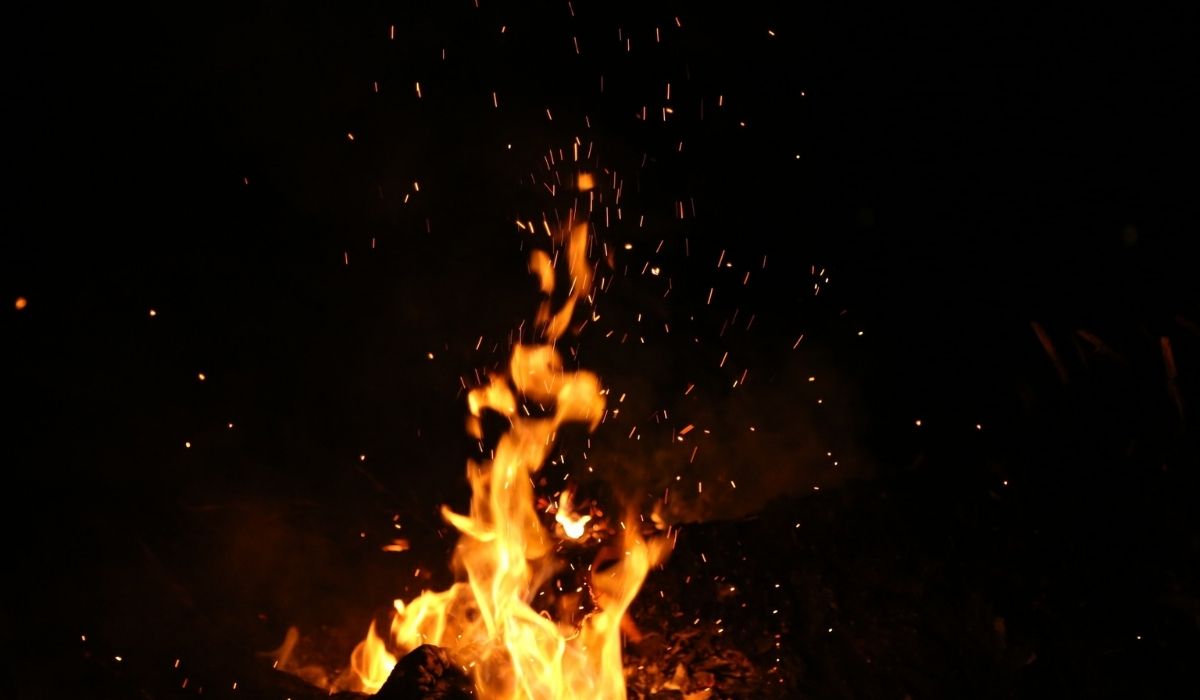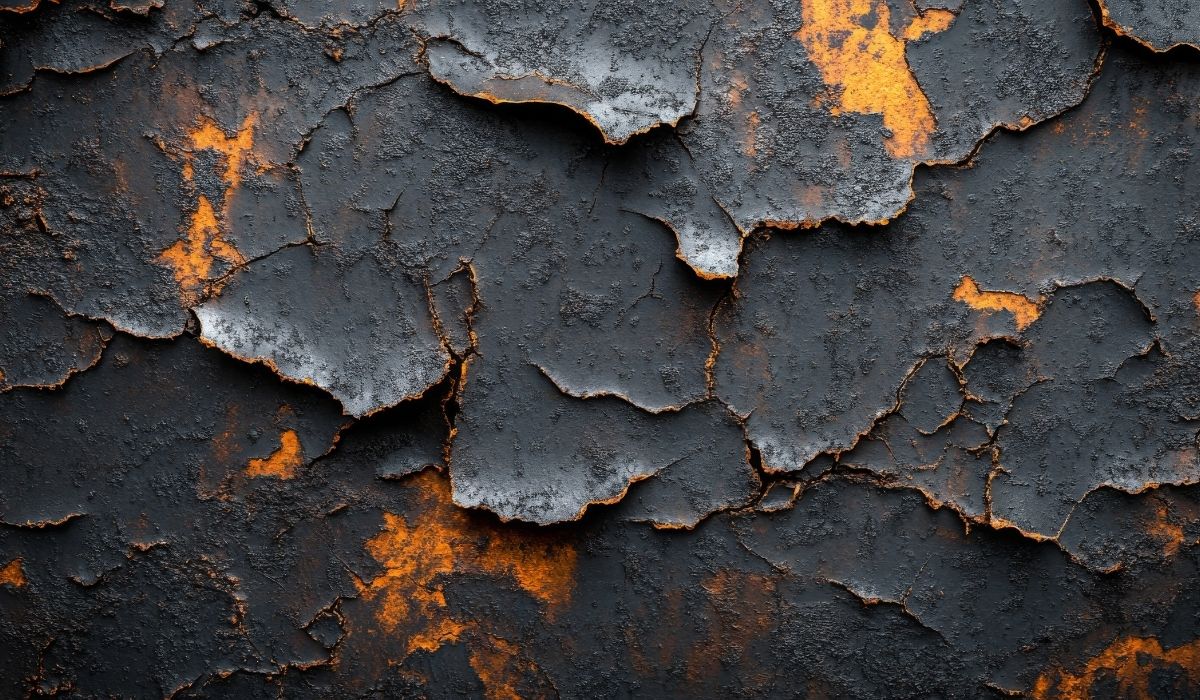Top 10 Causes for House Fires & How to Stay Safe
House fires can happen fast. They are scary and dangerous. Every year, many people in the United States deal with residential fires that lead to fire damage, personal injury, or worse. Knowing what causes house fires can help you stay safe. This guide will show you the top 10 causes for house fires and how to avoid them.
We also include safety tips from groups like the National Fire Protection Association and American Red Cross. Let’s keep your home and family safe from accidents, fires, and fire damage.
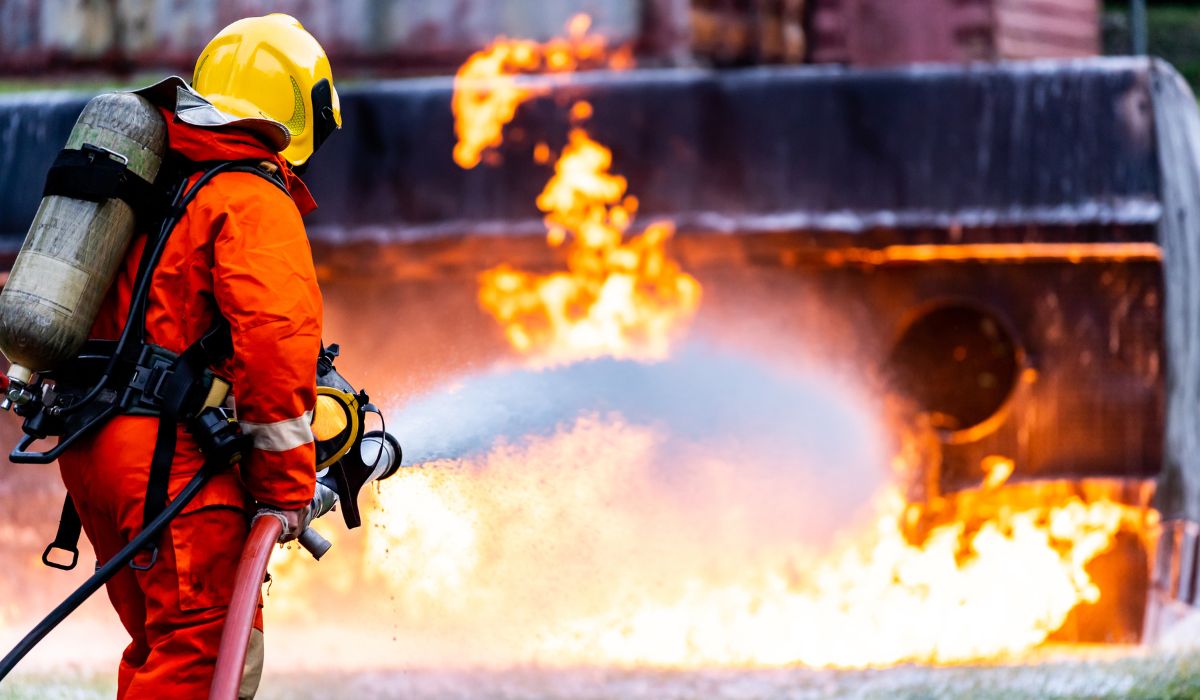
1. Cooking Accidents
Especially With Grease and Oil
Many house fires start in the kitchen. Leaving the stove or oven on without watching can cause a fire. Hot oil or grease can catch flame quickly. A towel too close to a hot burner can also burn.
Tip: Always stay in the kitchen when cooking. Keep towels, paper, and plastic away from heat. If a grease fire starts, don’t use water. Use a fire extinguisher instead.
2. Heating Equipment
Space Heaters and Furnaces
Space heaters, furnaces, and fireplaces can be a big fire risk. If a heater is too close to your bedroom curtains or wood furniture, it can catch fire.
Tip: Keep heaters at least 3 feet from anything that can burn. Turn them off when you leave the room. Clean your fireplace and chimney to remove creosote, which can cause combustion and fires.
3. Electrical Problems
Extension Cords, Wiring, and Circuit Breakers
Bad electrical work or an overloaded extension cord can start a fire. If your lights flicker or your circuit breaker trips often, that’s a warning sign.
Tip: Don’t plug too many things into one outlet. If you notice burning smells or sparks, call a licensed electrician. Never ignore odor from plugs or switches.
4. Clothes Dryers
Lint Build-Up Is a Fire Hazard
A full lint trap can cause a fire in your clothes dryer. Lint is dry and flammable. If it touches heat, it can start a fire fast.
Tip: Clean your lint filter after every load. Check behind the dryer for more lint buildup.
5. Candles and Open Flames
A Simple Flame Can Be Dangerous
Candles smell nice, but if knocked over, they can cause a big fire. Even one small flame can lead to disaster.
Tip: Blow out candles before leaving the room. Keep them away from bedroom curtains, bedsheets, or towels. Use flameless candles instead.
6. Christmas Trees and Decorations
Dry Trees Catch Fire Easily
A dry Christmas tree is a serious fire hazard. If lights are old or broken, they can spark and catch the tree on fire.
Tip: Water your Christmas tree often. Throw it out when it’s dry. Check lights for damage, and don’t use candles near the tree.
7. Smoking Indoors
Cigarettes Can Start Fires Fast
If someone smokes in bed or near wood, a dropped cigarette can cause a fire. The smoke can also hide the odor of something burning.
Tip: Smoke outside. Never smoke when you’re tired or in bed. Use deep ashtrays and check for leftover smoke or fire.
8. Lightning Strikes
Nature Can Cause Fires Too
A lightning strike during a storm can start a fire, especially if your house has water damage or weak spots in the roof.
Tip: Use surge protectors. Unplug electronics during storms. Know your fire escape plan in case a storm starts a fire.
9. Barbecues and Outdoor Fires
Grills and Fire Pits Are Risky
A hot barbecue grill too close to the house or porch can catch your home on fire. Wind can blow flames around.
Tip: Keep grills at least 10 feet away from your house. Never leave them alone. Don’t use them in the garage or near walls.
10. Wildfires Near Your Home
Fires Can Spread From the Outside
A wildfire can spread fast and reach your home. If you live in a dry area, your house could be at risk.
Tip: Clear wood, leaves, and dry brush around your home. Use fire-resistant materials. Know your fire escape plan and keep emergency supplies ready.
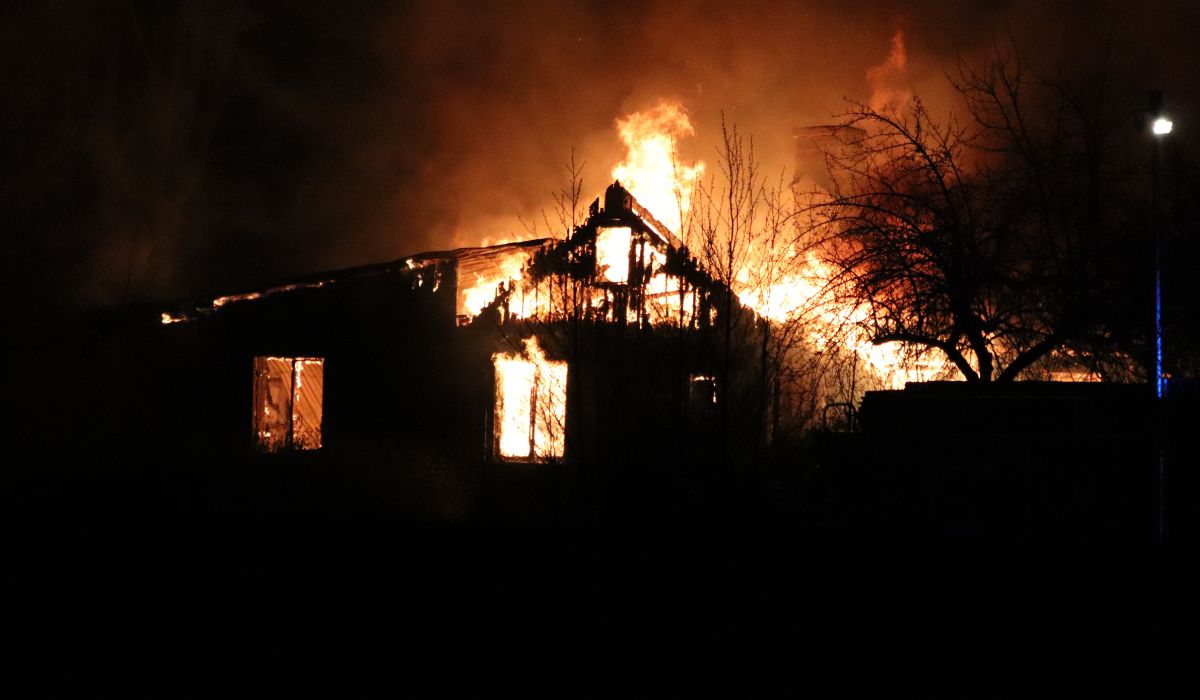
Fire Safety Tips
- Install smoke detectors in every room
- Test alarms once a month
- Keep a fire extinguisher in the kitchen
- Have a fire escape plan with two exits from every room
- Teach kids about fire safety
- Keep emergency numbers near the phone
- Have a plan for carbon monoxide checks too
How Home Insurance Helps
Home insurance can help cover fire damage and even fire damage restoration. It may also help if you lose items or need help with damage restoration after a flood or accident.
Talk to your insurance provider to know what’s covered. Ask if they work with fire damage restoration companies.
Who Helps During Fires?
Groups like the American Red Cross and the United States Fire Administration help during fires. They give shelter, food, and help with restoration.
The National Fire Protection Association gives tips to stop fires before they happen. Listen to their advice to keep your home safe.
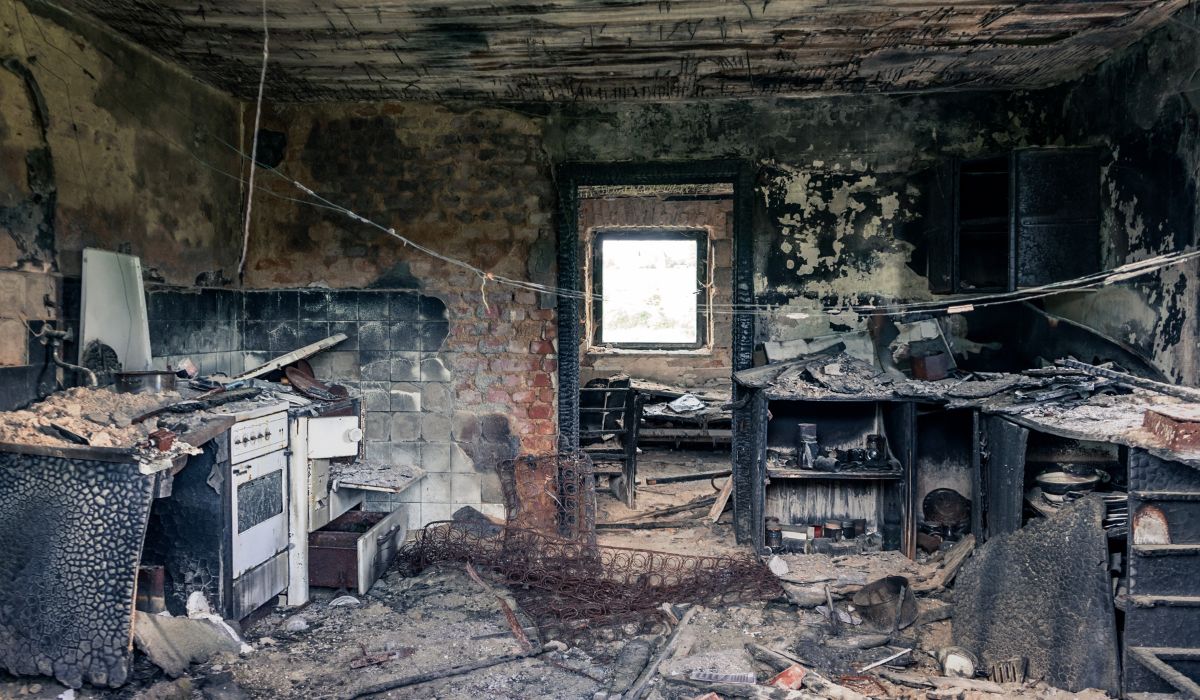
FAQs
What is the number one cause of house fires?
The top cause is cooking accidents, especially when hot grease or oil is left on a hot stove or oven without supervision.
How can I prevent house fires from heaters?
Keep space heaters and furnaces away from anything flammable like towels or wood. Turn them off before sleeping or leaving a room.
What should I do if my dryer smells like something is burning?
Turn it off right away. Check the lint trap and vent. If the smell stays, call an electrician to check for fire hazards.
Does home insurance cover all fire damage?
Most home insurance covers fire damage, but check your plan. Ask if it covers restoration and personal items too.
What is creosote, and why is it dangerous?
Creosote is a black, sticky substance in chimneys. It can catch fire and cause a chimney fire. Clean your chimney once a year.
Final Thoughts
House fires are scary but preventable. Follow these tips to protect your home and family. Keep an eye on fire hazards and teach your loved ones about fire safety.
If your home is ever affected by a fire, flood, or water damage, call a fire damage restoration expert right away. Stay safe, and remember—being careful today can stop a fire tomorrow.
Let’s keep every home safe from fires, accidents, and personal injury.
Contact us today for more information or visit our Fire Damage service for our process.


